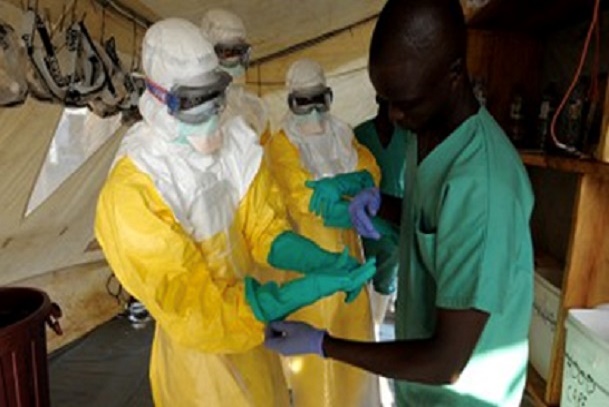 Wash your hands regularly and wear a face mask.
Learn more
Wash your hands regularly and wear a face mask.
Learn more

Treatment
Currently, only Ribavirin, an anti-viral drug is known to treat Lassa fever if administered intravenously at an earlier stage of the infection. However, no evidence exists to prove the role of Ribavirin as a post-exposure prophylactic treatment for Lassa fever.
Supportive care such as maintenance of appropriate fluids, electrolyte balance, oxygenation and blood pressure could also be given to patients.
In a study to evaluate Ribavirin in 1986, it was discovered that this treatment helped reduce mortality from 50% to 5% if given early in the case of serious illness. However, Side effects such as weakness, dizziness, headaches, and hemolytic anemia (if ribavirin is rushed) do exist.
Can Lassa fever be prevented?
There is currently no vaccine available to protect against Lassa fever. However, the recent outbreak in Nigeria has prompted the World Health Organization and other global public health entities to intensify efforts to develop an effective vaccine. Since there is no concrete data backing the use of oral ribavirin as prophylaxis at this time, the most effective preventive methods against Lassa fever outbreak are those that involve the elimination of rodent habitat. They include proper sanitation of homes, food storage in rodent-proof containers, clean water access and barrier nursing in healthcare centers.
It is equally important to educate the public on the need to reduce the consumption of “bush meat” or if it is to be consumed, how to safely prepare it by thorough cooking and the use of safety gloves. These methods not only prevent Lassa fever outbreaks but also keep other Hemorrhagic fevers like Ebola in check.
Challenges in Managing Lassa fever in Hospitals
In Nigeria, managing outbreaks of the Lassa disease and preventing nosocomial route of the infection has been herculean so far. On December 20, 2016, the NCDC (Nigeria Center for Disease Control) confirmed a case of Lassa fever infection in a health worker who reportedly died in the Federal Medical Center, Abeokuta. In 2017, 150 suspected cases were reported in Lagos University Teaching Hospital (LUTH), many of which were also health workers.
This increase in the number of healthcare workers being affected the disease shows the struggle the country currently faces in combating the spread of the virus even right there in hospitals. But should this be the case? The Chief Executive, Nigeria Center for Disease Control (NCDC), Dr. Chikwe Ihekweazu said in an interview that tertiary hospitals, especially teaching hospitals and federal medical centers should have everything it takes to manage Lassa fever patients appropriately. He also added that the NCDC have been providing all federal medical centers and teaching hospitals with personal protective equipment and medicines that they require.
In the light of this development, it imperative that relevant authorities and public health entities intensify efforts to makes these type of equipment available to healthcare centers in rural areas too. Also, healthcare workers should also be retrained and taught about the intricacies of barrier nursing.
This should effectively reduce nosocomial cases of the disease and also help curtail future outbreaks.
Sources: World Health Organization (WHO), Nigeria Centre for Disease Control (NCDC) and other sources